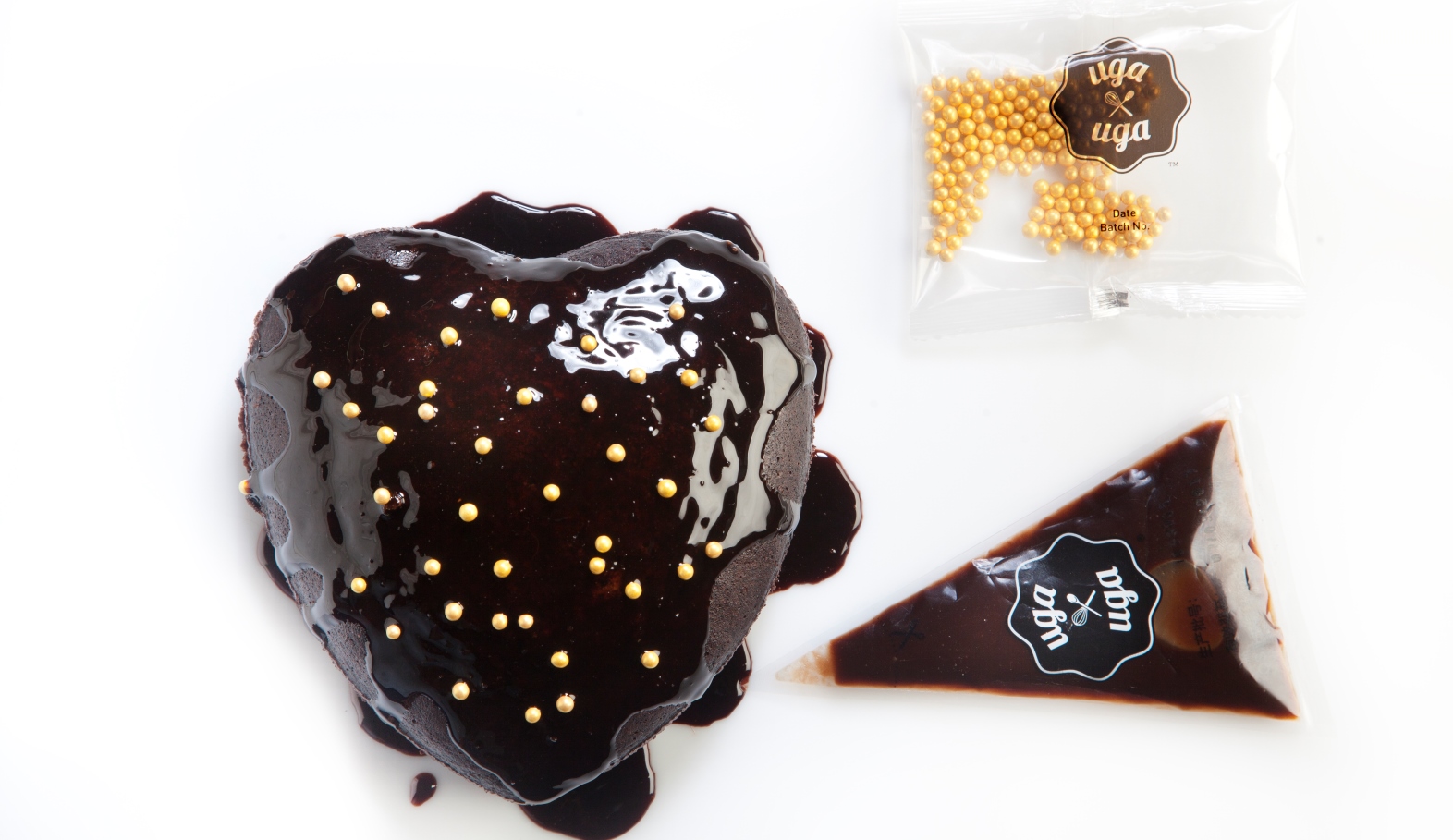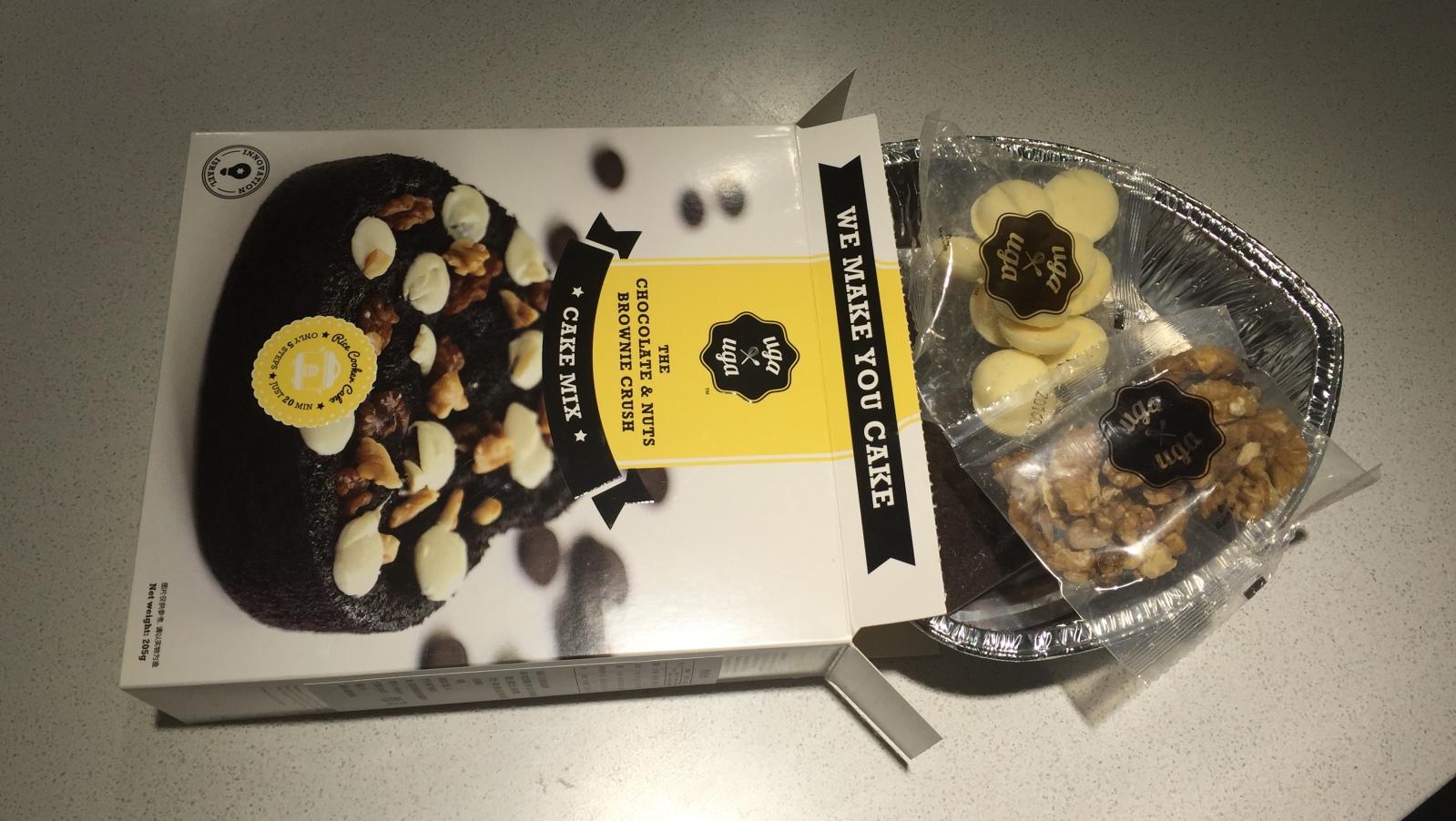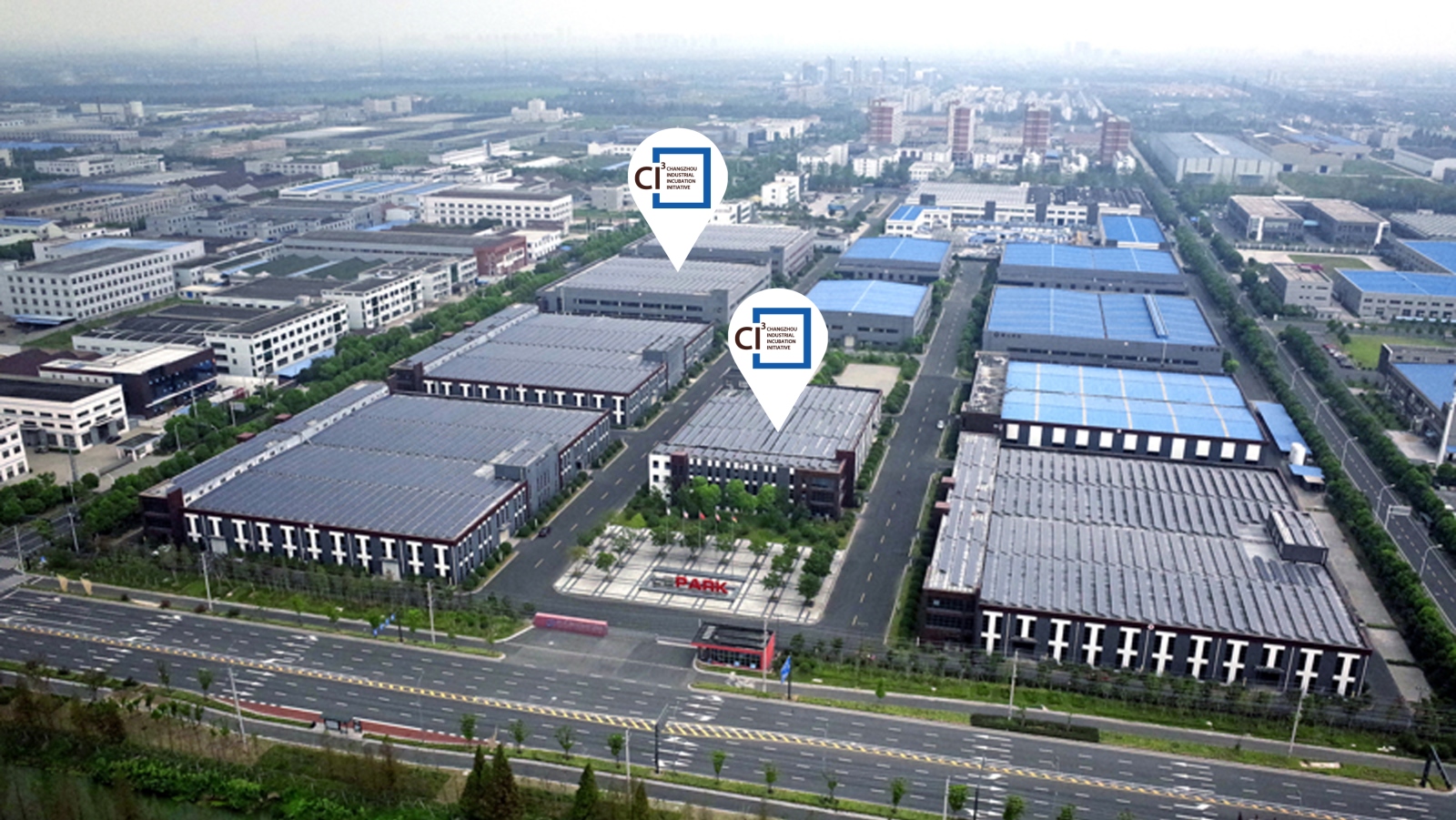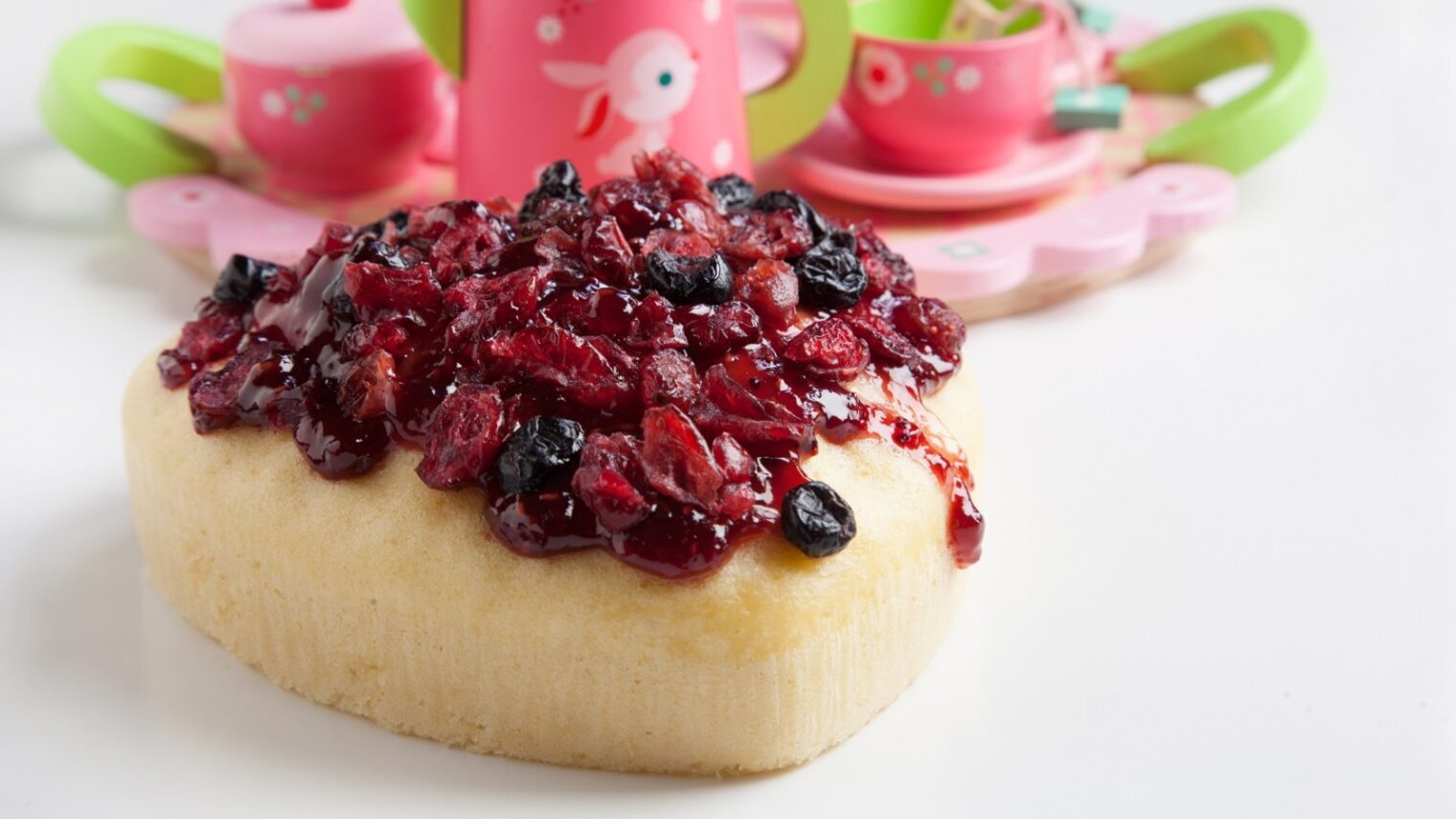Israeli dad Ronen Mechanik sent his Chinese friend Piu Piu a photo of the cake he baked for his son’s birthday. Like many young professionals in China, Piu is acquiring a taste for Western-style cakes coming into the marketplace and she wanted the recipe.
However, she couldn’t find the ingredients locally and – an even bigger problem – couldn’t bake the cake at home since Chinese kitchens do not have ovens.
But they do have rice cookers. So Mechanik bought one and experimented until he made a foolproof cake in the cooker. Then he sent a prepared mix of dry ingredients to Piu along with instructions.
Within days, Mechanik’s WhatsApp was pinging with dozens of enthusiastic comments on images of the cake Piu baked for a friend’s party. Everyone wanted to know how to do it.
Following a lengthy thinking process with Chinese business leaders, an economic feasibility study and a consumer focus group, Mechanik and Piu launched cake-baking DIY kit UgaUga in November last year with the help of international marketing expert Nir Manor, pastry chef Eran Shvartzbard, and branding expert Mel Moskowitz – and a few Chinese and Israeli investors who saw its potential.
Each kit comes with a small foil pan sized to fit inside the cooker, a packet of dry ingredients, decorations and special tools for making the cake in less than 20 minutes after adding eggs and oil.
http://youtu.be/7ZE_MQDUV_I
Uga takes the cake
“Uga” means “cake” in Hebrew. Key opinion leaders in Shanghai focus groups chose this name from a list of 20 suggestions in Chinese, English and Hebrew.
“They fell in love with ‘UgaUga.’ Although it does not have a straight translation into Chinese, the ‘ga’ sound is used for tasty things,” Mechanik tells ISRAEL21c. “They also love the connection to Hebrew. The fact that we’re from Israel is part of our positioning. They know we Israelis are innovative and creative.”

UgaUga kits are sold online in China in three flavors: Chocolate & Nuts Brownie Crush; Classic Chocolate Must Have; and Vanilla Berry Scandal. Cheesecake and fruitcake are coming soon. The mixes were adapted not only for rice cookers but also for the Chinese palate, which likes a less sweet flavor profile than in the West.
Mechanik says Chinese consumers have been flooding social media with photos and clips of the UgaUga cakes they baked for special dates, birthdays and holidays. Some 4,000 kits have been sold so far, even before any formal marketing campaign.

How to incubate a business in China
UgaUga cakes may be easy to make, but “baking” the business was not.
“Working in China is very hard even though I learned to speak to vendors in Chinese,” says Mechanik, 41. “The market is huge and you have to deal with all kinds of regulations. Even registering a food company takes a long time and you can’t get started before you have the registration.”
Mechanik and partners dealt with the red tape by joining the industrial incubator CI3 in Changzhou (near Shanghai), established by Israeli veteran entrepreneurs Zvi Shalgo and Ilan Mimon to help Israeli companies get started in China in the fields of medical devices, consumer goods and advanced automotive and industrial technologies.
“CI3 allowed us to work under its umbrella and start building UgaUga even before it was registered,” says Mechanik. He spends about half his time in China and the other half in the company’s Israeli testing lab and factory for the dry ingredients.

“Through CI3 we got purchasing services that helped us find the right manufacturer to package our product. We got connections that saved us time and money, and HR services, which would be hard for us otherwise. We have a whole team at CI3 to help us through any problems that come up without me physically being there all the time.”
CI3, now accepting registration for its second cohort, even helped UgaUga obtain a grant from the local government.
Other Israeli companies in the CI3 incubator are Lycored (carotenoid-based wellness products made in an independent factory CI3 established nearby), Tuttnauer (infection-control products), Lytron (thermal management and liquid cooling products), Taditel (automotive electronics), Medical Illumination (medical and surgical lighting), Hanita Coatings (engineered polyester films and laminates), HeyCafe (commercial coffee grinders) and Fiber-Line (ripcords, fiber-reinforced polymer, packing yarn and other industrial fibers).
Mechanik says more and more cake shops are opening in China.
“All we’ve done is enable them to make cakes in their own kitchen for the first time. We’re not saving the world but we can make you a cake hero and connect you with other people because when you share a cake it makes a bigger impact than buying a present.”
For more information, click here.














